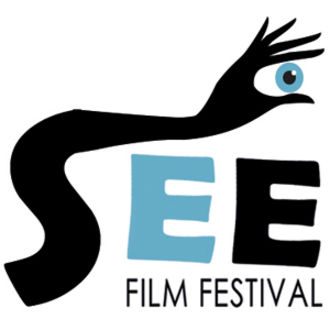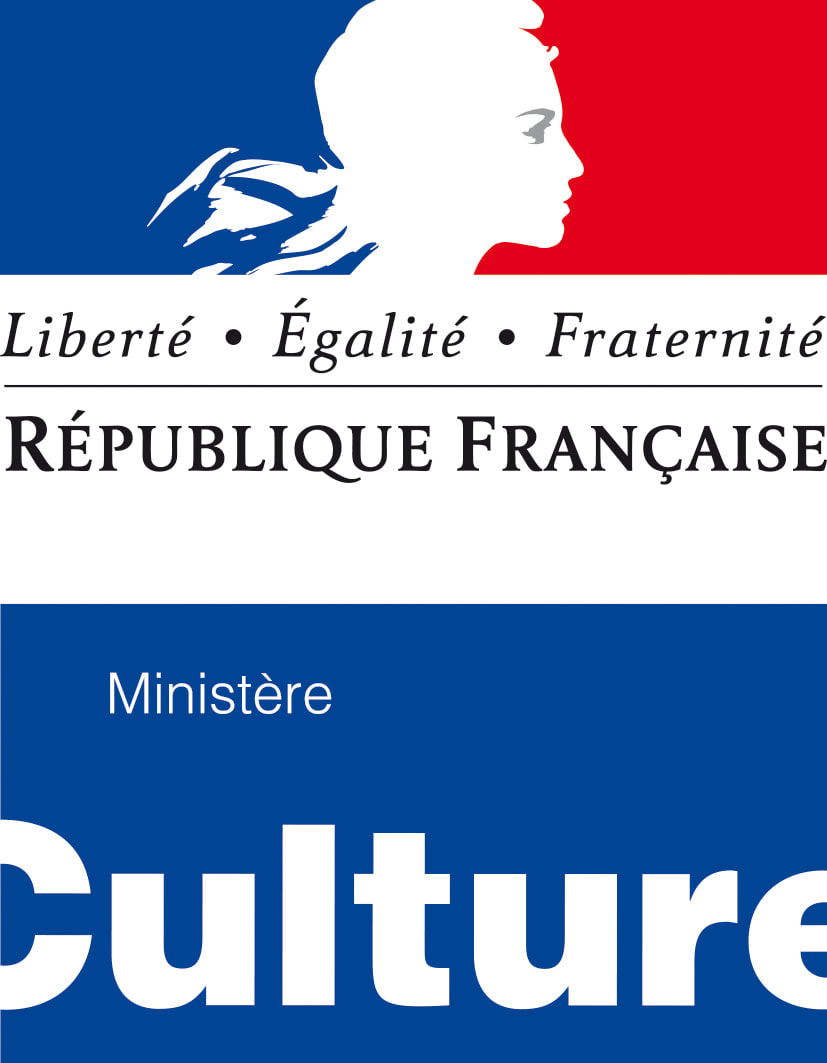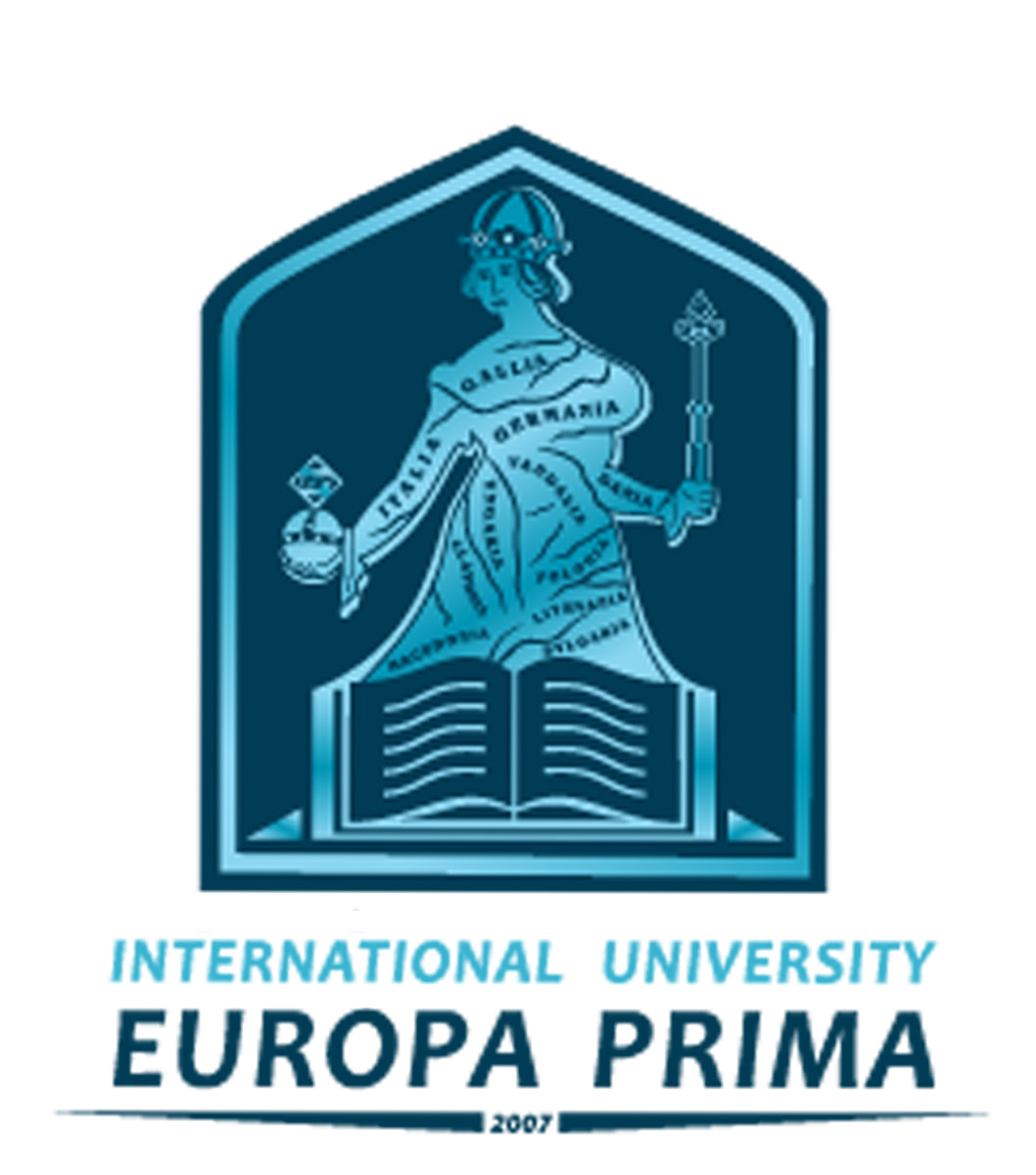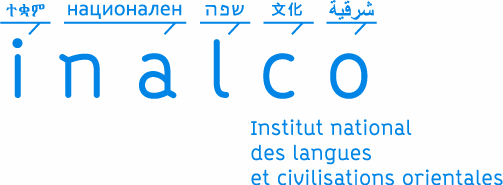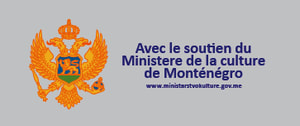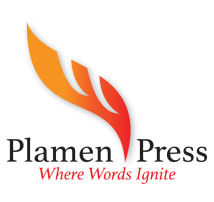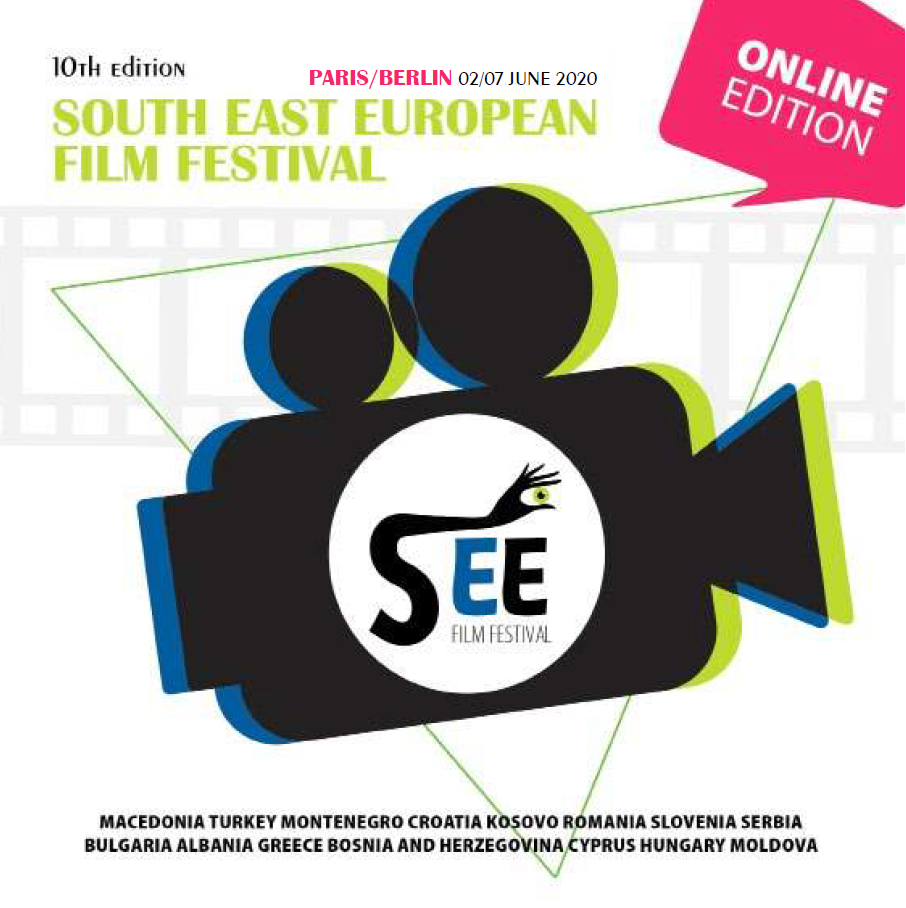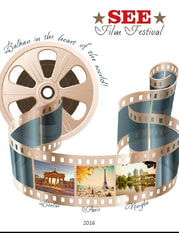An essential figure of Yugoslav cinema, Karpo Godina infused the radical “Black Wave” of the 1960s with an irrepressible expressive freedom—squarely targeted against all forms of repression—and thrived long after the end of Titoism and the breakup of Yugoslavia in civil war. For more than 30 years, the half-Slovenian, half-Macedonian filmmaker has brought a playfully anarchical spirit to the poetics and politics of film, moving breathlessly between fiction and nonfiction in his avant-garde shorts of the 1960s and ’70s and his feature films of the 1980s and ’90s.
Godina was a frequent collaborator of Bahrudin “Bato” Čengić, Želimir Žilnik, Lordan Zafranović, and other pioneering members of the Black Wave, and he has since worked comfortably in the former Yugoslavian republics as a director, screenwriter, cinematographer, and editor.
In 1969, one small, no-budget independent Yugoslav film won the Golden Bear at the Berlinale. It was Želimir Žilnik‘s seminal Early Works, today considered the main benchmark of what was to become knows as the Yugoslav Black Wave, and in the same time introduced the world to a cinematographer that will come to define an era in edgy and transgressive European cinema – Karpo Aćimović Godina.
Karpo Godina was born in Skopje in 1943, the son of Viktor Aćimović, photographer, journalist, revolutionary and bohemian and Milena Godina, actress and co-founder of the Macedonian State Theatre. He spent his early childhood in Skopje, and adolescence in Maribor. Later, he began shooting 8mm experimental films. In the sixties he studied film, TV radio and theatre direction at the Ljubljana Academy for Theatre, Radio, Film and Television, where he later on taught as professor of film directing and camera.
As a cinematographer, Karpo Godina worked on films that defined Yugoslav and Europan cinema- from Žilnik’s short The Black Film, to challenging and subversive titles such as Bahrudin Bato Čengić‘s The Role of My Family in the World Revolution and Life of a Shock Force Worker, and Lordan Zafranović‘s Passion According to Matthew and Occupation in 26 Pictures. He also lensed today’s cult items A Little Train Robbery by Dejan Šorak, and Landscape with a Woman by Ivica Matić, and collaborated on international productions such as The Magic Snowman (1987), Journey to the South (1988), Private War (1988). As a DoP, he made a total of 21 feature films, 26 shorts, and 12 TV dramas.
As a director, Godina’s three features – The Medusa Raft, Red Boogie and Artificial Paradise – are highly regarded in the arthouse circles, and were screened at almost all major film festivals: Cannes, Berlin, London, Los Angeles, Tokyo, Sidney, Melbourne, Toronto, Edinburgh, Istanbul, San Francisco, Rotterdam, Strasbourg and many others.
However, his most influential films were shorts, which he practically re-invented with his fresh formal approach, combining love for humanity and contempt for uniformity and authority in About the Art of Love or a Film with 14441 Frames, Healthy People for Fun, and Fried Brain of Pupilija Ferkeverk. He also participated in cult hippie-era omnibus film I Miss Sonia Henie, together with Tinto Brass, Puriša Djordjević, Milos Forman, Buck Henry, Dušan Makavejev, Paul Morrissey and Frederic Wiseman.
As an editor, he worked on five feature films, 16 shorts, 11 TV dramas and seven 8mm experimental films, and he also directed operas and theatre plays.
He was mentor for directing on 29 student short feature films and these films got about 30 national and international awards.
Karpo Godina is a member of IMAGO – European Federation of Cinematographers. IMAGO’s jury selected The Medusa Raft as the most prominent film for the year 1980.
As a jury member he contributed at more than 50 national and international film festivals.
In 2006 he received the Prešern Award for Life Achievement- the highest state award in the field of arts and culture in Slovenia.
In 2011, he got the appellation Professor Emeritus of the University of Ljubljana.
In 2013, the footage Godina filmed around villages of Vojvodina after shooting Early Works but never completed into a motion picture, was made into an acclaimed documentary titled Karpotrotter, directed by Slovenian film critic and film-maker Matjaz Ivanisin.
In 2016, Karpo Godina was awarded the Underground Spirit prize at the European Film Festival Palić, a recognition assigned for exceptional work in the field of independent film and unique poetics developed off the film industry mainstream.
Godina was a frequent collaborator of Bahrudin “Bato” Čengić, Želimir Žilnik, Lordan Zafranović, and other pioneering members of the Black Wave, and he has since worked comfortably in the former Yugoslavian republics as a director, screenwriter, cinematographer, and editor.
In 1969, one small, no-budget independent Yugoslav film won the Golden Bear at the Berlinale. It was Želimir Žilnik‘s seminal Early Works, today considered the main benchmark of what was to become knows as the Yugoslav Black Wave, and in the same time introduced the world to a cinematographer that will come to define an era in edgy and transgressive European cinema – Karpo Aćimović Godina.
Karpo Godina was born in Skopje in 1943, the son of Viktor Aćimović, photographer, journalist, revolutionary and bohemian and Milena Godina, actress and co-founder of the Macedonian State Theatre. He spent his early childhood in Skopje, and adolescence in Maribor. Later, he began shooting 8mm experimental films. In the sixties he studied film, TV radio and theatre direction at the Ljubljana Academy for Theatre, Radio, Film and Television, where he later on taught as professor of film directing and camera.
As a cinematographer, Karpo Godina worked on films that defined Yugoslav and Europan cinema- from Žilnik’s short The Black Film, to challenging and subversive titles such as Bahrudin Bato Čengić‘s The Role of My Family in the World Revolution and Life of a Shock Force Worker, and Lordan Zafranović‘s Passion According to Matthew and Occupation in 26 Pictures. He also lensed today’s cult items A Little Train Robbery by Dejan Šorak, and Landscape with a Woman by Ivica Matić, and collaborated on international productions such as The Magic Snowman (1987), Journey to the South (1988), Private War (1988). As a DoP, he made a total of 21 feature films, 26 shorts, and 12 TV dramas.
As a director, Godina’s three features – The Medusa Raft, Red Boogie and Artificial Paradise – are highly regarded in the arthouse circles, and were screened at almost all major film festivals: Cannes, Berlin, London, Los Angeles, Tokyo, Sidney, Melbourne, Toronto, Edinburgh, Istanbul, San Francisco, Rotterdam, Strasbourg and many others.
However, his most influential films were shorts, which he practically re-invented with his fresh formal approach, combining love for humanity and contempt for uniformity and authority in About the Art of Love or a Film with 14441 Frames, Healthy People for Fun, and Fried Brain of Pupilija Ferkeverk. He also participated in cult hippie-era omnibus film I Miss Sonia Henie, together with Tinto Brass, Puriša Djordjević, Milos Forman, Buck Henry, Dušan Makavejev, Paul Morrissey and Frederic Wiseman.
As an editor, he worked on five feature films, 16 shorts, 11 TV dramas and seven 8mm experimental films, and he also directed operas and theatre plays.
He was mentor for directing on 29 student short feature films and these films got about 30 national and international awards.
Karpo Godina is a member of IMAGO – European Federation of Cinematographers. IMAGO’s jury selected The Medusa Raft as the most prominent film for the year 1980.
As a jury member he contributed at more than 50 national and international film festivals.
In 2006 he received the Prešern Award for Life Achievement- the highest state award in the field of arts and culture in Slovenia.
In 2011, he got the appellation Professor Emeritus of the University of Ljubljana.
In 2013, the footage Godina filmed around villages of Vojvodina after shooting Early Works but never completed into a motion picture, was made into an acclaimed documentary titled Karpotrotter, directed by Slovenian film critic and film-maker Matjaz Ivanisin.
In 2016, Karpo Godina was awarded the Underground Spirit prize at the European Film Festival Palić, a recognition assigned for exceptional work in the field of independent film and unique poetics developed off the film industry mainstream.

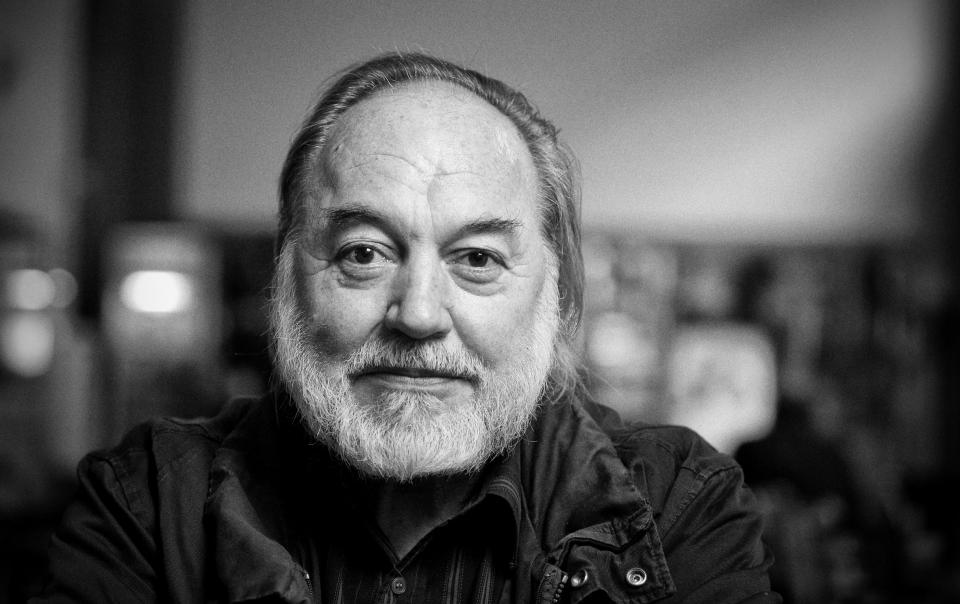
 RSS Feed
RSS Feed
